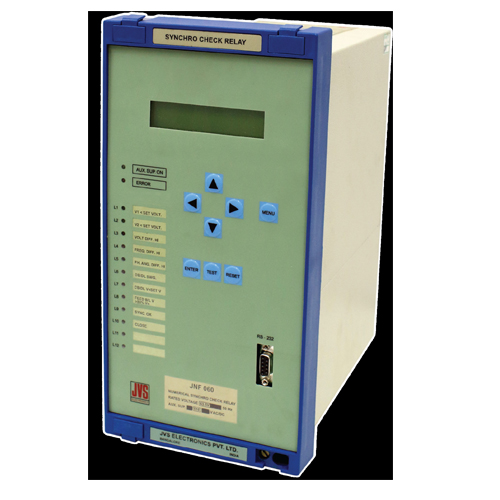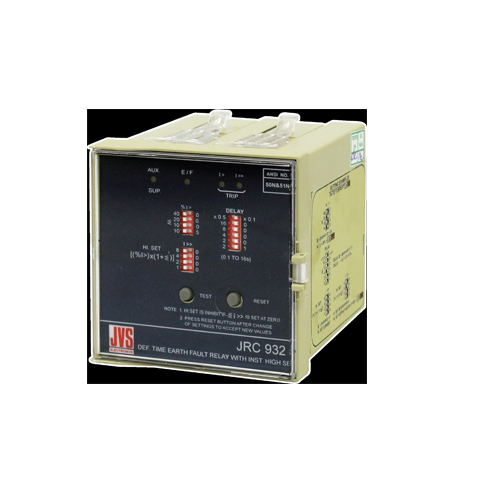Schedule a Call Back
Case Study: Irish Distillers Increase Plant Productivity
 Technical Articles
Technical Articles- Jul 08,10
Irish Distillers owned by Pernod Ricard, a global leader in the wines and spirits sectors, are the largest producers of Premium Irish Whiskey. Their flagship brand Jameson has achieved year on year growth rates of between ten and fifteen percent per annum. The modern distillery in Midleton Co Cork uses water from the Dungourney River and the best of Irish barley to produce Jameson and other brands of Irish Whiskey. Pure pot still Irish whiskey is still produced in exactly the same way as when John Jameson founded his distillery in Bow Street Dublin in 1780.

seepex BT open hopper pump transferring mixed grains to external silo for animal feed
The Starting Situation
Milled grain - made from both malted and unmalted barley - is mixed with water in a large mixing vessel (a lauter tun). The starches in the mash are converted into sugars and after a few hours the syrup called wort is strained and transferred to "wash backs" where the liquid ferments and the sugars are converted into low strength alcohol called wash. After fermentation the wash is transferred to the pot still where it is distilled three times. The spirit is then aged for at least three years in oak casks before it can be called whiskey.
The production process involves the transfer of large amounts of spent grain from the lauter tun to the feeds recovery plant where it is dried and prepared as high quality animal feed.
Traditionally expeller units and vast volumes of uncontrolled compressed air have been used to handle the spent grain, however this method consumes huge amounts of energy and can restrict plant productivity.
Due to the huge success and demand for its flagship brand, the distillery needed to increase the number of mashes from 30 to 45 per week. After plant modifications and upgrades were implemented the final bottleneck identified was the spent grain handling system and the time required to empty the lauter tun, which averaged 55 min.

seepex BT open hopper pump transferring mixed grains to external silo for animal feed
The Solution
Based on work that had been carried out in breweries and distilleries in the UK, the solution proposed by seepex involved the replacement of the air expeller units with a BT open hopper progressive cavity pump. This pump transfers a fixed amount of product with each revolution irrespective of moisture content with the added benefit of no blow back through the pump, which is a common problem when using expeller units.
The Benefit
The initial target was to empty the lauter tun within 25 minutes this was a challenge, however like all challenges are welcomed by seepex. Over the last twelve months the seepex pumps have averaged a transfer time of 22 minutes with the end result that 45 mashes per week have been achieved.
Installed Pump Type
??Range BT
Key Facts
??Pump engineered to fit space constraints
??Spent grains transferred at 50 tonnes/hr a distance of 80 metres
??Lauter tun emptying time reduced by more than 50 %

Significant Cost Savings
??Plant productivity increased by 50 %
??Reduced costs due to a major reduction in cycle time
??Reduction air consumption
(Bhalchandra S Padwal, Senior Sale Engineer, seepex India Pvt Ltd, Navi Mumbai. Tel: 022-40240434/35. Fax: 91-22-40240436. Mobile: 098196-99624. Email: bpadwal@seepex.com)
Related Products

Numerical Check Synchronizing Relay -jnf 060
JVS Electronics Pvt Ltd offers a wide range of numerical check synchronizing relay -JNF 060.

Kusam-meco” 1000v Dc Hand Held Digital Insulation Resistance Tester - Model- Km 372
Kusam-Meco has added a new hand-held digital insulation resistance tester cum digital multimeter for the convenience of electricians.

Single Pole Instantaneous /definite Time Earth Fault Relay -jrc 932
JVS Electronics Pvt Ltd offers a wide range of single pole instantaneous /definite time earth fault relay -JRC 932.
















